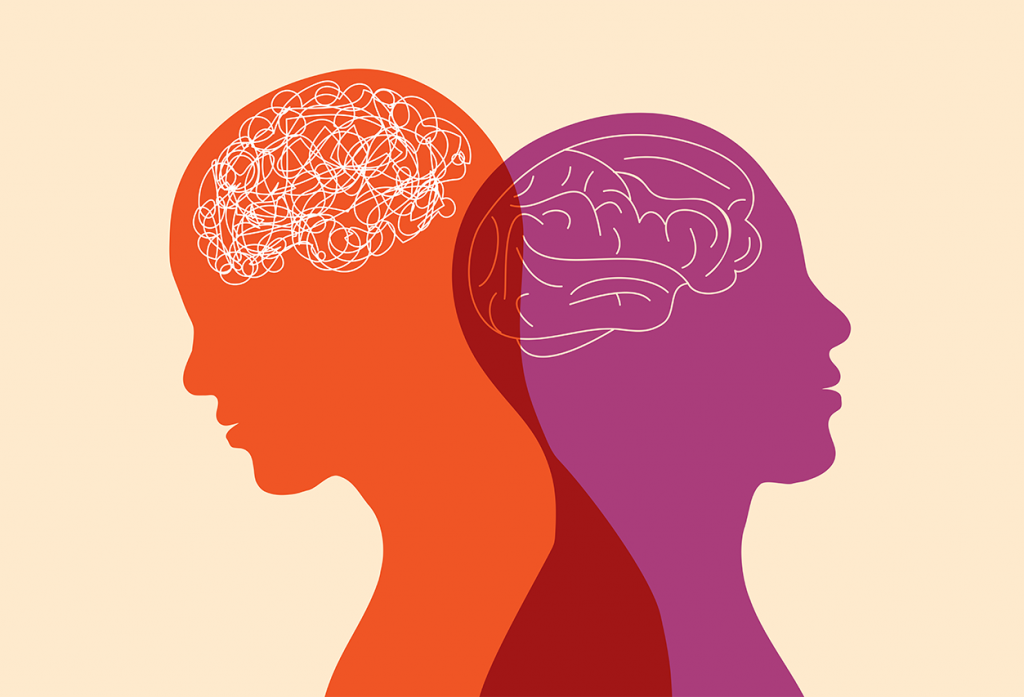Blossoming Minds: Nurturing Child Development

Exploring the Wonders of Blossoming Minds: Nurturing Child Development
Childhood is a remarkable period of growth and development, marked by milestones that shape a child’s future. Understanding and actively participating in the process of child development is essential for parents, caregivers, and educators. Let’s delve into the intricacies of nurturing blossoming minds.
Foundations of Child Development
Child development encompasses the physical, cognitive, emotional, and social growth of a child. It starts from infancy and continues through adolescence. The foundations laid during these formative years significantly influence a child’s overall well-being, shaping their personality, skills, and resilience.
The Role of Play in Early Years
Play is the language of childhood, and it plays a crucial role in child development. Through play, children explore the world, develop motor skills, enhance creativity, and build social connections. Structured and unstructured playtime fosters imagination and problem-solving abilities, laying the groundwork for future learning.
Educational Environments and Cognitive Growth
Educational environments, whether at home or in formal settings, greatly impact cognitive development. Exposure to a variety of learning experiences, reading, and stimulating activities contributes to language development, critical thinking skills, and a love for learning. It lays the foundation for academic success and lifelong curiosity.
Emotional Intelligence and Social Skills
Nurturing emotional intelligence is paramount in child development. Teaching children to recognize and manage emotions, empathize with others, and build positive relationships fosters social skills. These emotional foundations are crucial for navigating social interactions, conflict resolution, and building healthy connections throughout life.
Physical Health and Well-being
Physical development is a fundamental aspect of child growth. A balanced diet, regular exercise, and adequate sleep contribute to physical health. These habits not only support the development of a strong and healthy body but also impact cognitive function, mood regulation, and overall well-being.
Individuality and Personalized Development
Recognizing and celebrating each child’s individuality is key to personalized development. Children have unique strengths, interests, and learning styles. Tailoring approaches to meet individual needs allows for a more effective and enjoyable learning experience, encouraging a child to flourish in their own way.
Parental Involvement and Support
Parental involvement is a cornerstone of child development. Providing a secure and supportive environment, engaging in activities together, and actively participating in a child’s education contribute to healthy development. Strong parent-child bonds foster a sense of security, self-esteem, and resilience.
Balancing Technology and Screen Time
In the digital age, navigating screen time is crucial for child development. While technology can offer educational benefits, finding a balance is essential. Limiting screen time, encouraging meaningful content, and promoting interactive, offline activities contribute to a well-rounded developmental experience.
Transitioning Through Developmental Stages
Child development occurs in stages, each with its unique challenges and milestones. Understanding these stages—from infancy, through the early years, to adolescence—allows parents and caregivers to provide age-appropriate support, guidance, and encouragement, fostering a child’s continuous growth.
Accessing Resources for Child Development
For a wealth of information on child development, Child Development offers valuable resources. From articles on developmental milestones to educational tools and parenting tips,








